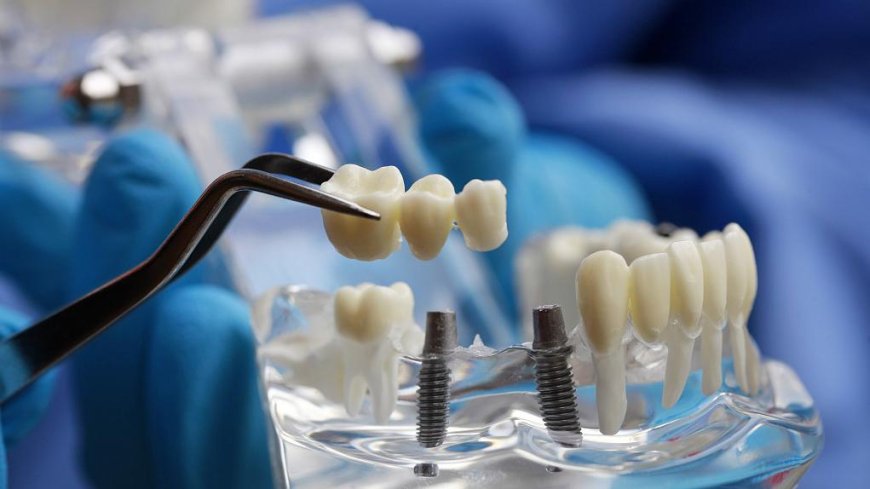The Benefits and Drawbacks of Dental Implants
What are the pros and cons of dental implants? Dental implants have always been an eye-catching way to repair missing teeth. Because of missing teeth, chewing food is very difficult. When the chewing performance of the teeth is weakened, they cannot chew food well, which will cause inexplicable digestive problems.

Natural Appearance and Comfort: Dental implants are designed to mimic natural teeth, especially in the root area, providing an exceptionally natural appearance and significant psychological and social benefits. They allow users to feel more confident and comfortable in their daily interactions. Additionally, the fixed nature of dental implants means users do not experience the movement or instability often associated with removable dentures when speaking and chewing, allowing them to speak and eat as naturally as with their natural teeth.
Prevents Bone Loss and Maintains Oral Structure: After tooth loss, the jawbone can lose a significant portion of its volume, but dental implants provide continuous stimulation to the jawbone through chewing, which promotes natural bone growth and effectively prevents bone loss. This helps maintain the health of the jawbone and the structural integrity of the face. Dental implants also help maintain not just an individual's smile but also the overall structure of the mouth by preventing misalignment of other teeth.
Improves Aesthetics and Facial Structure: The deterioration of the jawbone following tooth loss can lead to facial sagging. Dental implants help restore the normal contours of the face, aiding in improving overall facial aesthetics and enhancing the patient's self-image and social interactions.
Versatility and Longevity: Dental implants offer a versatile solution, suitable for a wide range of teeth restoration needs. They are functionally and aesthetically closer to natural teeth compared to other options. With proper oral hygiene and regular dental check-ups, dental implants can be very durable, representing a long-term solution for teeth replacement.
Disadvantages of Dental Implants
Cost: Dental implants are the most expensive option among teeth replacement choices. The cost varies depending on the number of teeth to be replaced, the type of prosthesis, and the complexity of the procedure, making it a significant consideration for many.
Surgical Requirements and Potential Risks: The installation of dental implants requires surgery, carrying risks of complications like infection, nerve damage, jawbone fractures, and delayed bone healing. These risks largely depend on the surgeon's skill and experience. In some cases, additional bone grafting or sinus lift surgeries might be necessary, increasing the healing time, cost, and risk of complications.
High Technical Requirement and Suitability: The fabrication and installation of dental implants require a high level of skill and precision, necessitating the choice of experienced and well-qualified dental professionals. However, dental implants are not suitable for everyone. Patients with certain systemic diseases, severe osteoporosis, or specific oral health issues may find dental implants unsuitable, requiring a detailed assessment and consultation before considering them as a tooth replacement option.
What's Your Reaction?




























:quality(85):upscale()/2024/01/25/878/n/1922153/f94f61ec65b2bf18018990.47538761_.jpg)

:quality(85):upscale()/2024/01/26/759/n/29590734/b7f6660b65b3e8460d7196.77057039_.jpg)
:quality(85):upscale()/2024/01/27/741/n/1922153/8d43a26665b533b214de01.38307153_.jpg)











